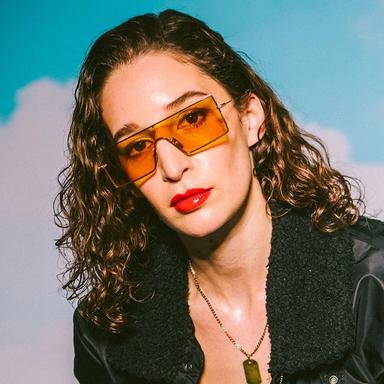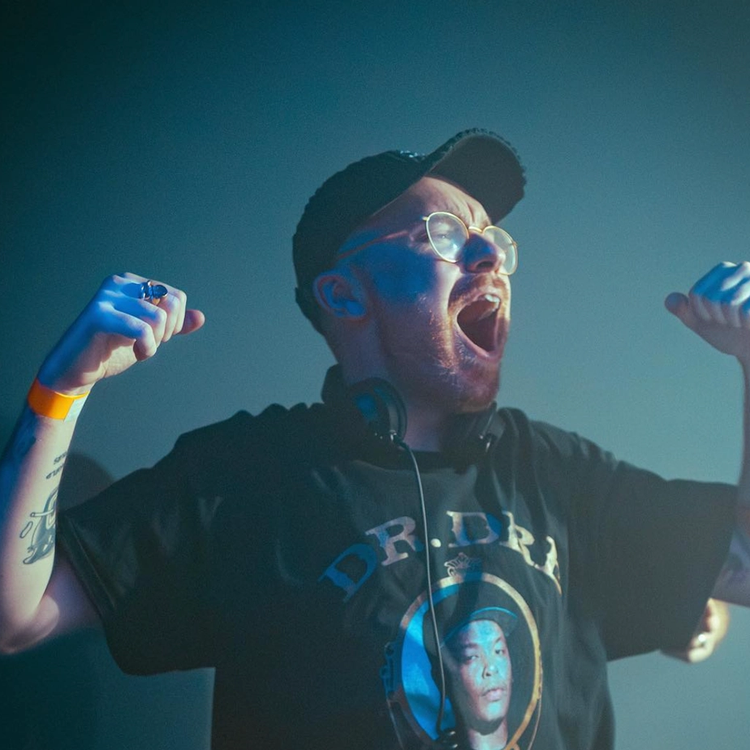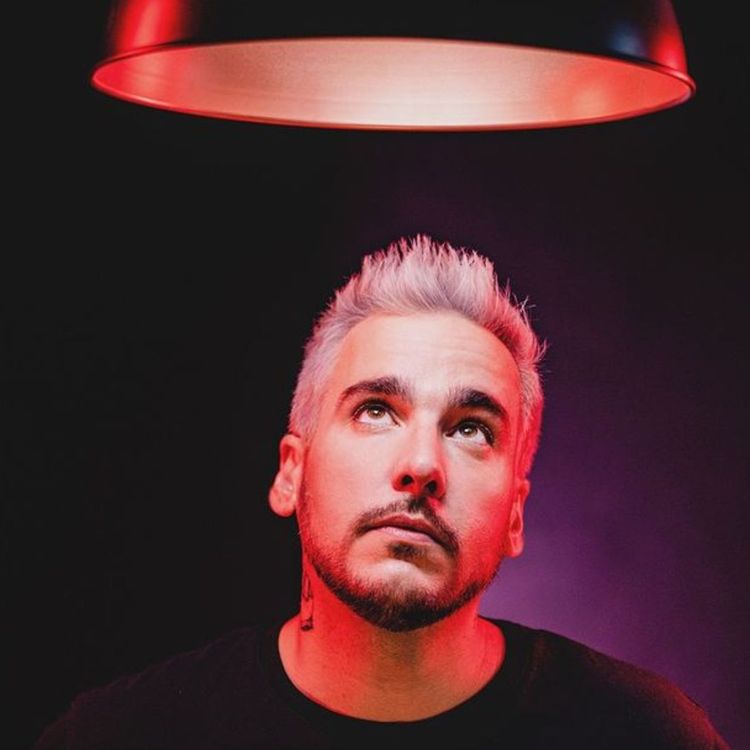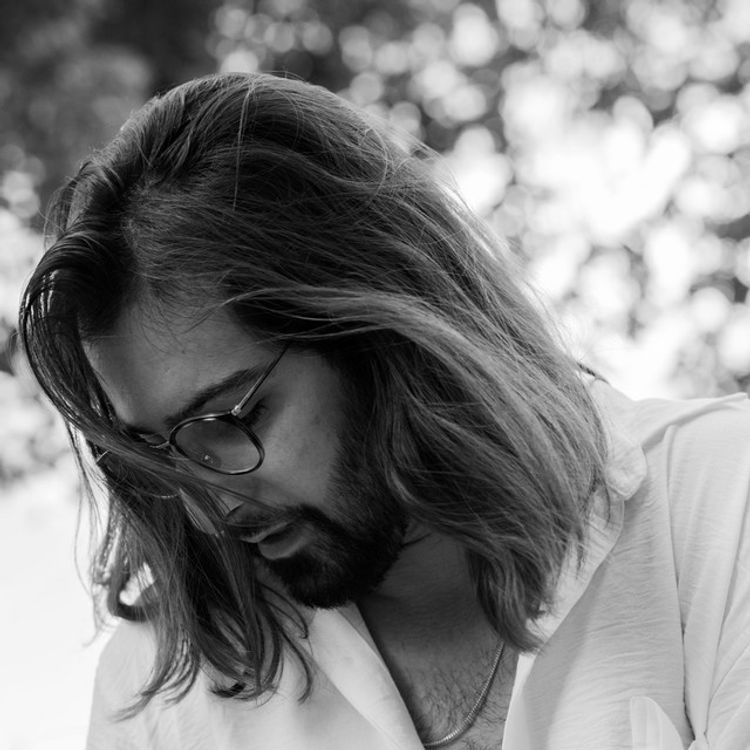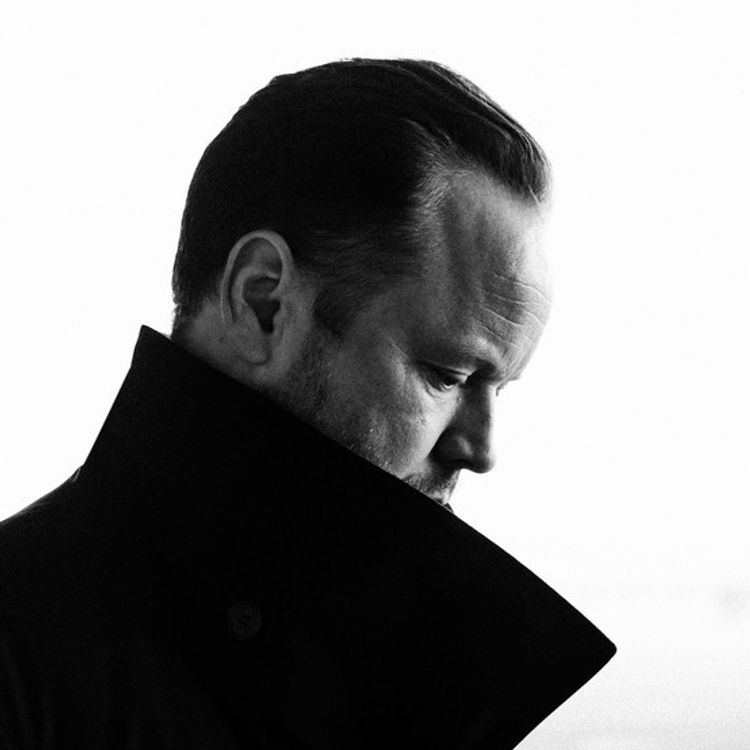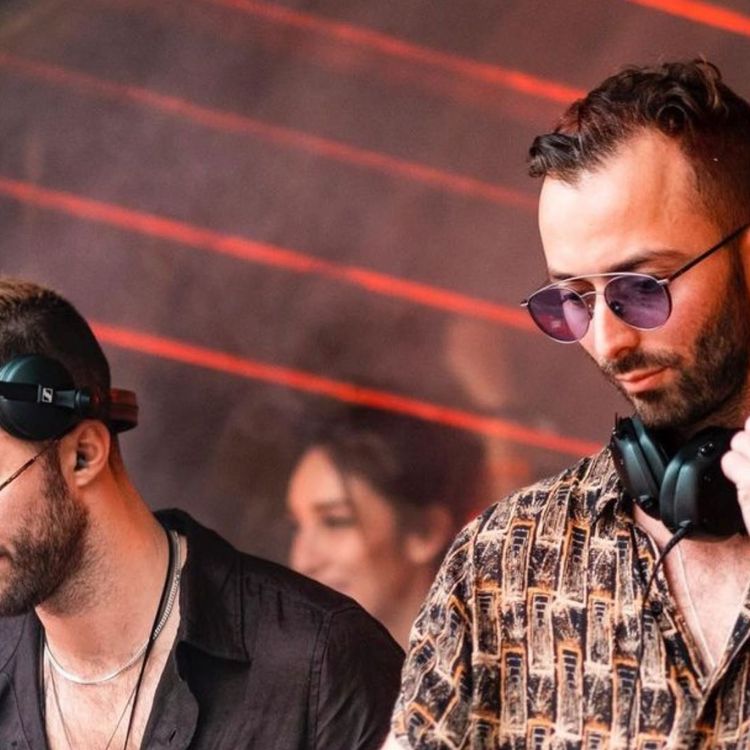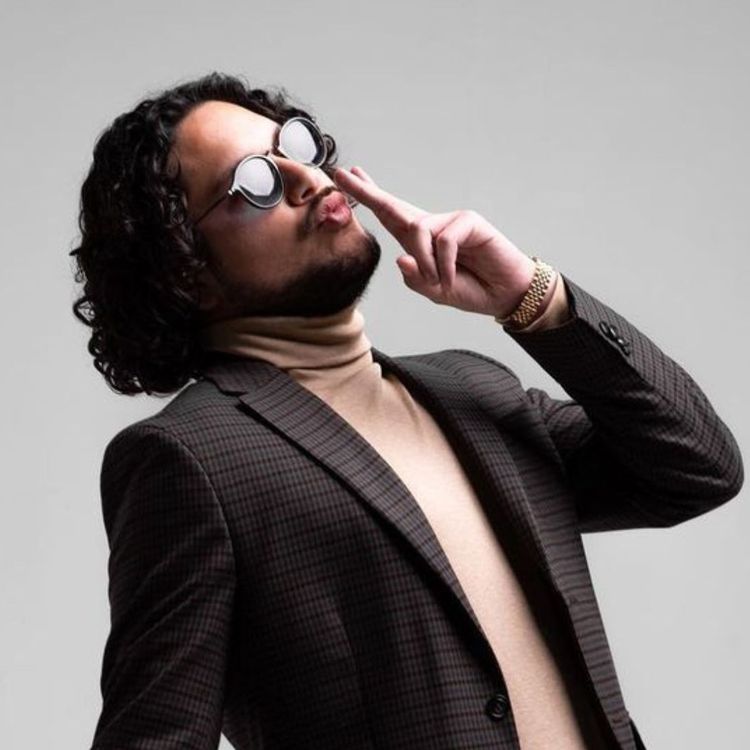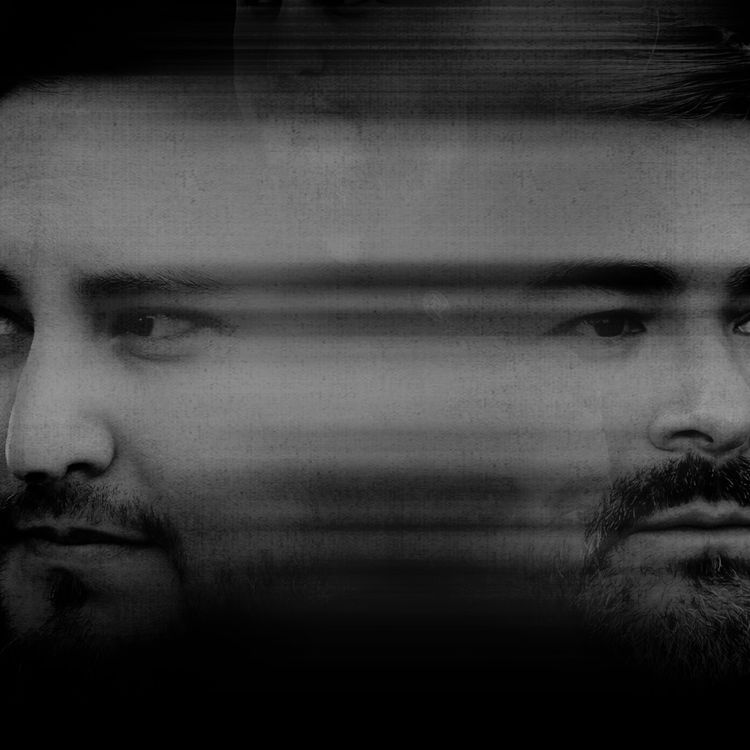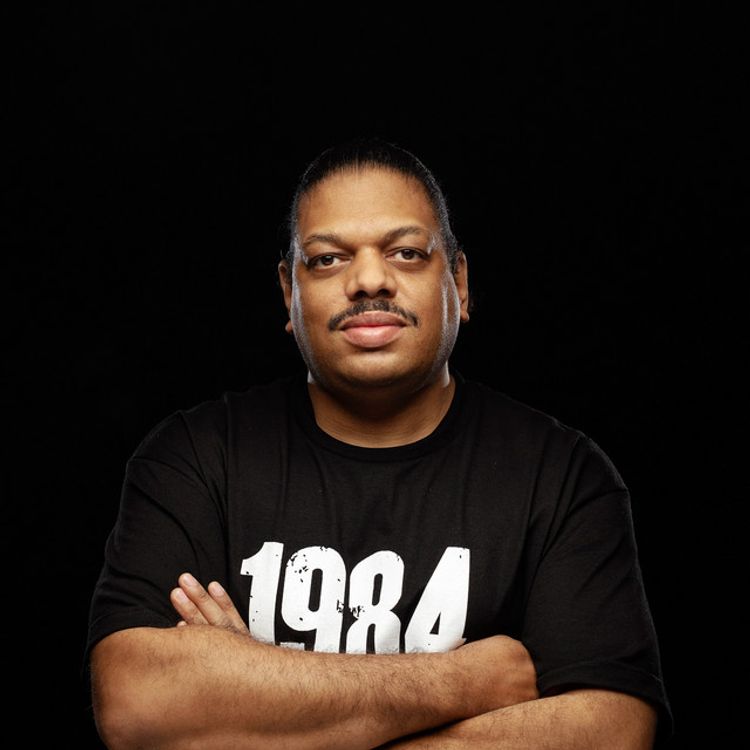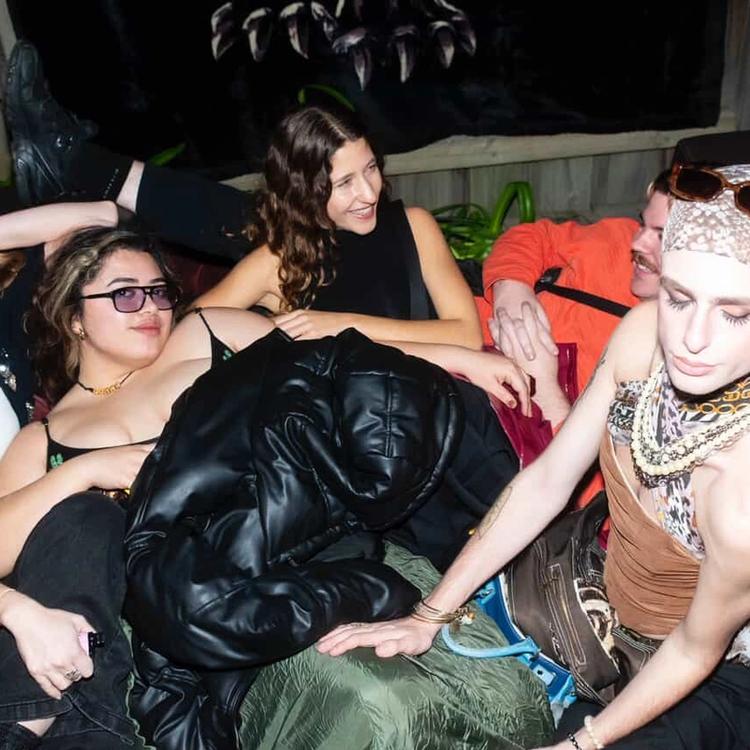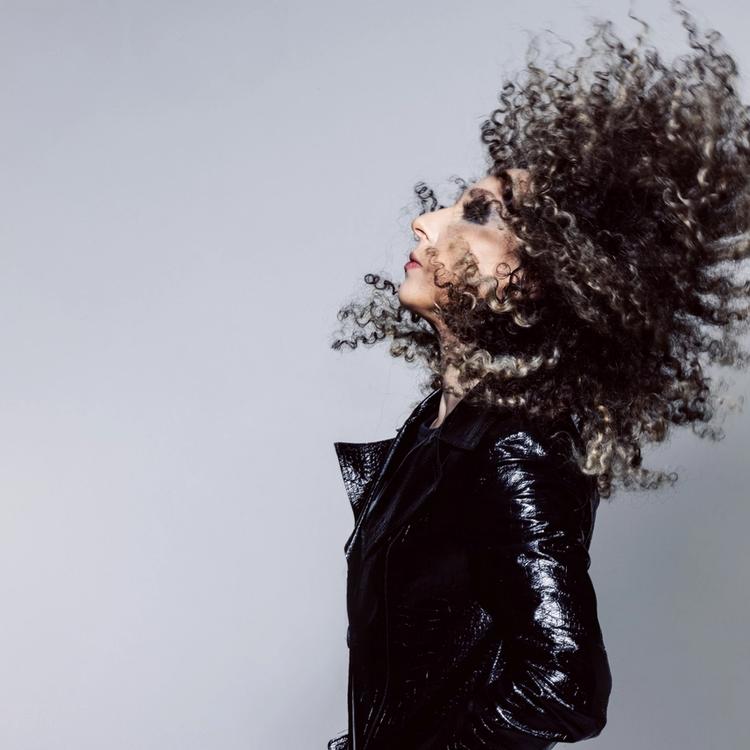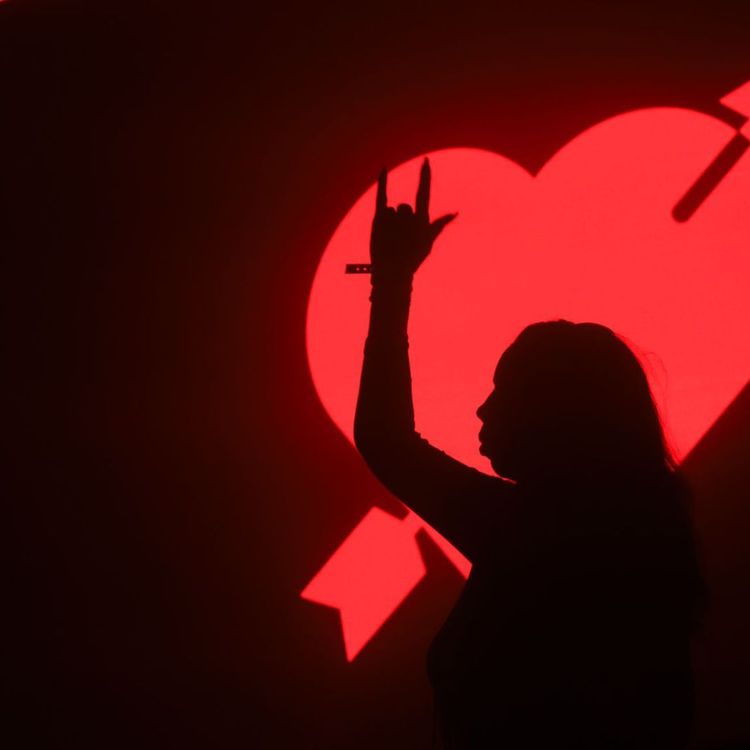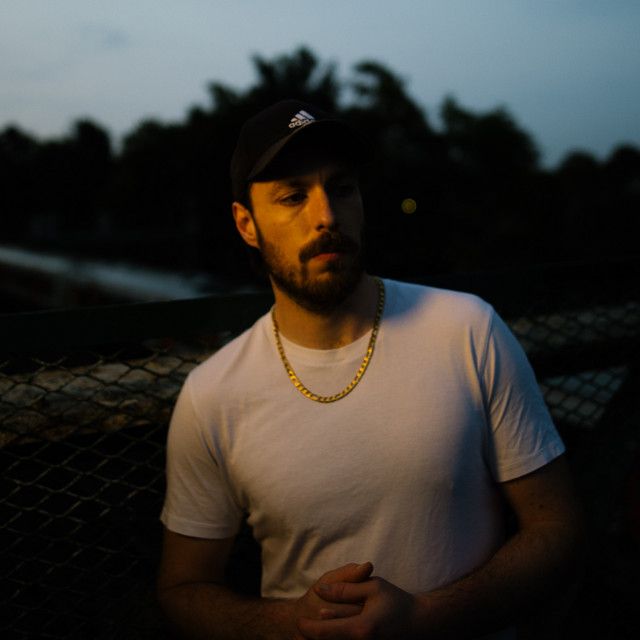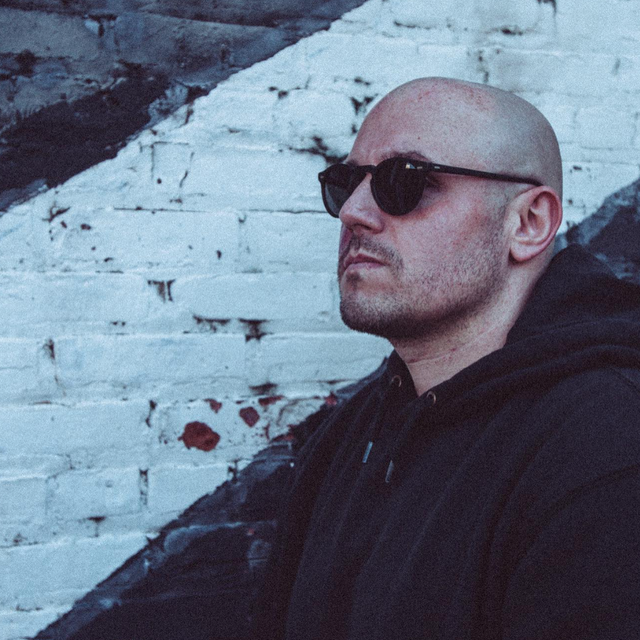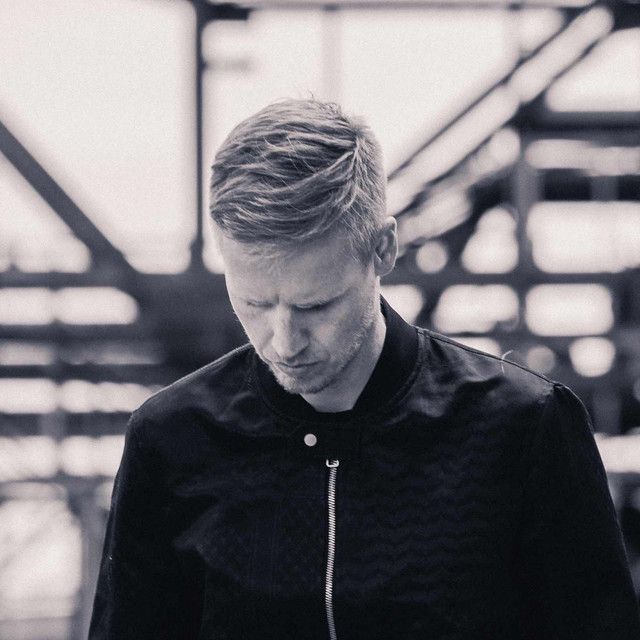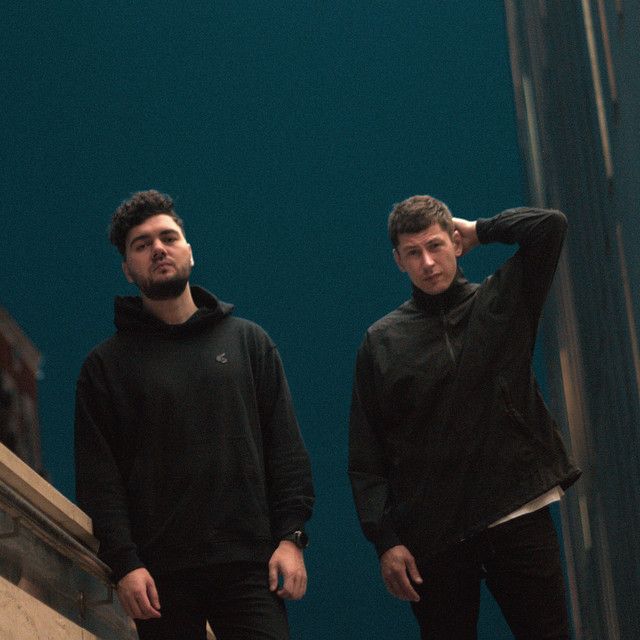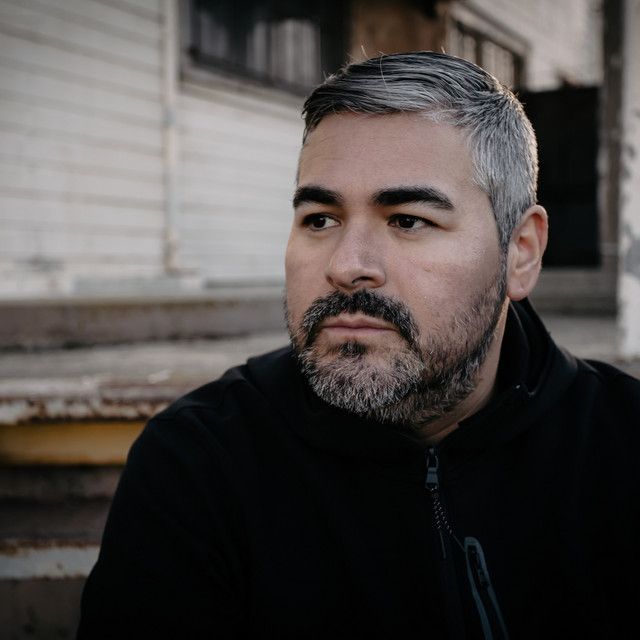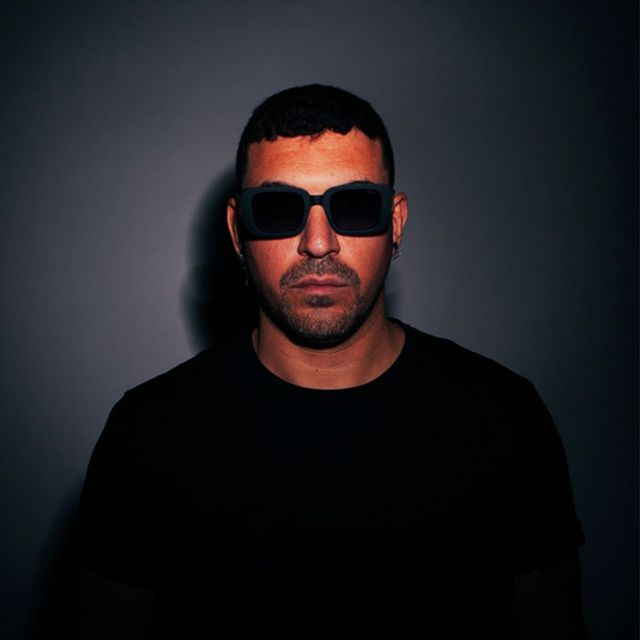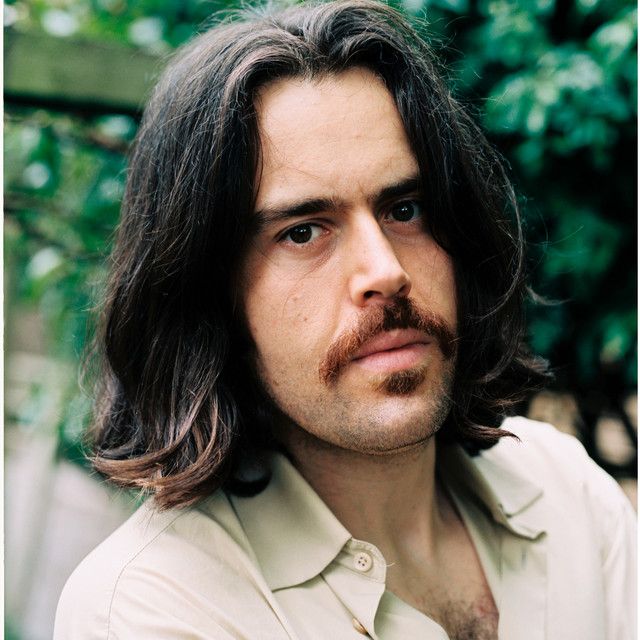Artist Spotlight
Art expresses the intangible aspects of life, society, and the human condition. Artists explore these intangibles to inspire some semblance of feeling in others, and honor their innate desire to create and share. But honoring that base need takes resolve, faith, and confidence even when the road ahead is entirely unknown.
For Emma Kirby, better known as award-winning DJ and Producer, Elkka, the road ahead has never been clear, or even existent. But that hasn't stopped her from consistently redefining her role in the music industry, establishing an industry-advancing record label, and boldly pushing new sounds with nothing but her internal compass as the guide. This courageous conviction has been the Emma Kirby way ever since childhood.
"I was obsessed with Spice Girls, Britney Spears, Justin Timberlake, they were like my idols growing up… I was really entranced by the whole thing. I went to a million concerts and was just fully hooked on it all… I knew, I always knew I wanted to be a musician," she recalls. She didn't have a clear picture of what form her performance proclivity would take. Yet, she kept telling herself the same story, "I just know I want to be writing music, I want to be on stage, I want to be singing. [I] definitely didn't realize I would end up doing this, but I knew that it was there."
More than a mere daydream of a young child smitten by the sights, sounds, and impossibly efficient presentation of the late ’90s/ early 00s pop music boom, she carried an infallible belief in herself that bore a passion for singing and songwriting. Emma began taking steps to turn that dream into a reality, steadily building her reach as a session artist and songwriter.
Success came in small doses, as her vocal songwriting was consistently used on other artist’s tracks, but the progression of a solo career continued to elude her. In 2015, after seven years of working in an industry dominated by male producers, Kirby reached a boiling point. While on her way to a Jamie xx performance, she broke down in tears, feeling so entirely removed from the production side of the career she so earnestly strove for. The next day she began producing—a life-altering change.
It didn’t take long for her to make an impact as Elkka. As she worked on her first EP, she searched for the right distributor. Guided by an internal compass toward self-alignment, she found it difficult to relate to major labels.

"There weren't many platforms around or messaging around at that time that women could be producers ... It was a real minority. Same for people of color, queer people, just anyone that's not kind of a straight white dude. It just wasn't spoken about; there weren't many examples, and you didn't think it was for you. And that was really going through my head as I was learning to produce, as I was putting together my first EP."
Considering her options, she adopted that fierce DIY spirit that embodies the heart of dance music. She told herself, "maybe this is like something, a community thing that I want to do. Maybe this is something that I want to help other people do ... take control and have this DIY approach to launching yourself and putting yourself out there rather than relying on these gatekeepers."
Thus, femme culture was born. But how does one go from a virtual unknown to label head in such a short time? The reason is community.
"I was like, okay, I want to meet people, I want to like connect with people. So we started doing parties."
The community these nights brought together was one of acceptance for the marginalized, the outcasts, the others. It was a place where people could dance and share their sounds and spirits without fear of judgment or demonization, strikingly similar to the birth of house and techno in the 80s. The label had an immediate impact and success winning 2018's Breakthrough Label Award at DJ Mag's Best Of British Awards.
"We then started doing a yearly compilation with the UN Women [HeForShe Compilation], which was amazing. We got to work with some fantastic artists, really established people to come on board and support us and the cause of getting people to see that they can do it for themselves and they can produce for themselves and encourage an industry to be more balanced because it just wasn't and isn't."

Elkka & Ludo
Photo by: Alex Lambert
For all the progress she’s helped perpetuate, Kirby maintains a humble demeanor saying:
“My contribution is teeny weeny weeny, but there's people like Sherelle in the UK, who's just an incredible DJ and person, and has started her own label and organization that offers free studio space for queer POC people. There's lots of people who are doing really good things.”
Throughout our conversation, Kirby emanates clarity and self-confidence. It's the same confidence she had as a child struck by the inspiration of the Spice Girls and Britney Spears. The infallible belief that her destiny lay on the path of music is the same courageous authenticity that’s led her to so seamlessly throw the boundaries of genre to the wind. It's innate. It's instinctual.
“I know there is like a gut thing that happens inside of me when an idea is forming that feels good and feels right, and that's the thing I've had to listen to my entire career and without that, what have I got? That is everything. That's how I'm able to write music and write my own music and that's literally everything… If it doesn't feel authentic, it's not right.”
This conviction for authenticity has made Emma Kirby the master of her own life, the captain of her own ship. It's formed her into a mover and shaker for the betterment of industry and community and the progress of an artistic expression of sound. This conviction rings true as she closes our conversation with a word of advice for budding producers.
"I think figuring out who you are, your own voice within music is really important to not just feel like you need to copy what's going on at the moment, because that doesn't work. You need to find your own DNA within the music and listen to your gut. It took me a number of years to do that. And I have many, many people being like, 'this isn't right, you should do this, you should do this.' And actually when I just stopped letting that cloud my judgments, my instincts", she says. "That's when things changed for me. And obviously you want to play things to people and get people's opinions, but the right people and people you trust, and you don't always have to agree with them and that's okay. So yeah, trust your instincts."
